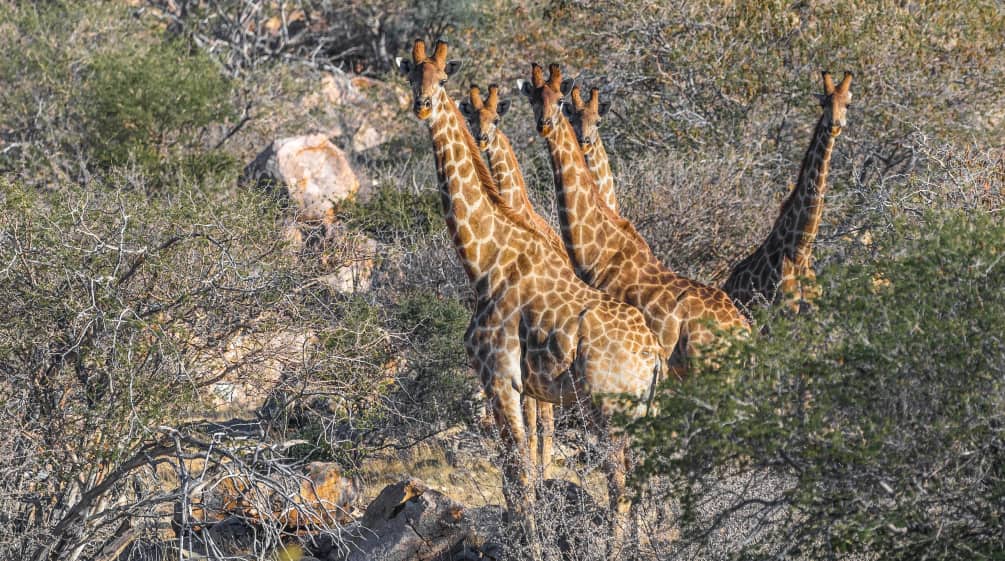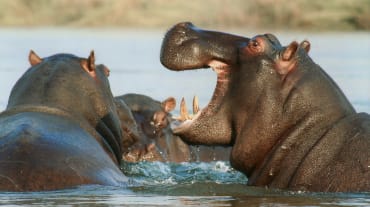Namibia: Canadian oil company reportedly destroys pristine bushland
 © Pixabay / frei
© Pixabay / frei
Feb 14, 2022
The Canadian oil company ReconAfrica is accused of destroying pristine bushland in Namibia. According to local environmentalists, the company cleared a 2.5 kilometer-long track for seismic investigations. ReconAfrica has also announced plans to drill three to six test wells in 2022.
Eight Namibian environmental protection organizations raised the allegations against the company in a joint letter to the chair of the parliamentary committee on resources at the end of January 2022. According to the report, the cutting was done in the George Mukoya Conservancy before the work was stopped. In the environmental impact assessment, ReconAfrica had originally stated that only existing tracks would be used for seismic surveys. A short time later, there was already talk of 22.5 kilometers of additional tracks cleared.
To date, ReconAfrica has drilled two test wells. Environmentalists criticize the improper handling of contaminated wastewater. Three to six more wells are to be drilled this year.
National Geographic reports that ReconAfrica illegally bulldozed land the size of five football fields within the Kapinga Kamwalye Conservancy for an oil well. Two local leaders say they had been offered jobs in return for their silence. National Geographic: "Pits holding waste from test drilling are filled with dark liquid. Fields are pocked with the heavy imprint of metal seismic testing plates. Ripped-up trees lie in blackened heaps alongside wide tracks through the bush."
ReconAfrica denied all allegations to the magazine.
The company states that it has already carried out seismic tests along a stretch of 450 kilometers and has applied to the Ministry of the Environment for approval for a further 500 kilometers. A second exploration program is scheduled to start in February 2022.
In an official announcement on January 20, ReconAfrica spoke of "excellent results" of the previous tests. In addition, the company emphasizes its "flow of communication" with the population "in local languages."
A broad international alliance has been fighting the oil plans since the end of 2020. Please sign our petition if you have not already done so.












